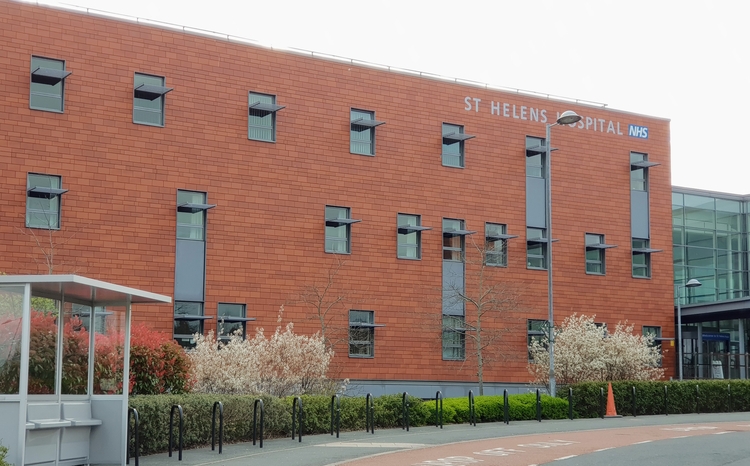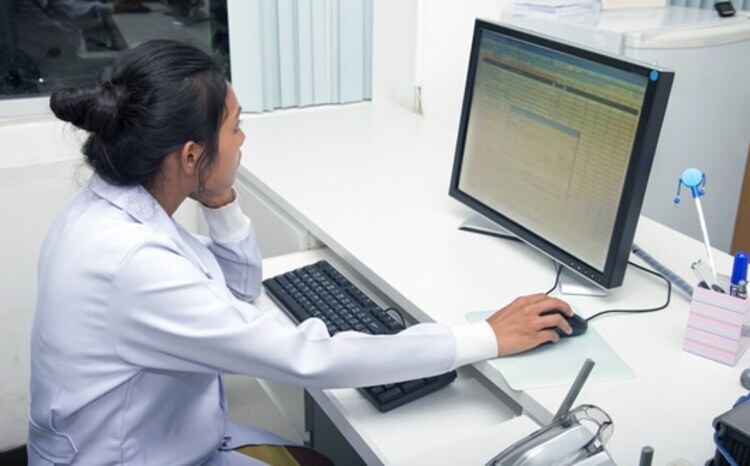Plymouth portal encourages tech talk
- 14 August 2012

Plymouth Hospitals NHS Trust has developed a portal for employees to discuss investments in clinical technologies.
In collaboration with Plymouth University, the trust has created the Peninsula Health Technology Portal, which aims to give staff an opportunity to share and discuss information on software and hardware that is “on the horizon.”
Ray Jones, professor of health informatics at the university, who was part of a team that also included Dr Andy Nevill, director of clinical technology at the trust, said the portal was the culmination of a three year project that has examined purchasing processes at the hospital.
“Hospitals all spend on different technologies, such as scanners and imaging technology, and they spend millions of pounds. So if you can get a more efficient purchasing process you can save a hospital a lot of money.
“We all know that technology moves very quickly and we know that various parts of hospitals don’t talk to each other very well.
“If you can get a better communication about what technology is needed then you will improve the purchasing,” he explained to eHealth Insider.
The project, which was funded equally by the trust and the Technology Strategy Board, provides a discussion forum on which clinicians and IT professionals can discuss the technologies they believe are required, while also including links to resources for those planning services or purchasing equipment.
Professor Jones told EHI that the aim was to embed the use of the website “within the practices of the hospital.”
“The website is very straight forward – we are trying to get various clinicians and the procurement community to discuss various technologies.
“With the purchasing of clinical technology, the idea is to rationalise and make more efficient decisions in the NHS,” he said.
The two organisations have also developed another website for the Peninsula Allergy Service at the hospital, which went live last month and hopes to improve the referral of patients from primary care with suspected allergies.
The new tool, ‘Adult Allergy Pathways’, is available to all GP surgeries in Devon and Cornwall through the service’s new website, as well as through the Map of Medicine, a specialist clinical website.
The pathways are also embedded into a number of the GP clinical information systems.
Professor Edward Kaminski, consultant immunologist at the trust, said that he would expect around “300,000 adults in Devon and Cornwall to have an allergy at some time in their life.”
“For many of these people their priority is to find a way to manage their allergy so it interferes as little as possible with their life.
"So being able to manage their condition with the help of their GP is a real plus, it means less appointments and more care locally,” he added.
Diabetes UK has also funded another project involving the university and the trust, which aims to develop and pilot applications running either on computers or mobile devices, for young people with diabetes that help focus their diabetes consultations.
Computer science students and diabetics between the ages of 19 and 25 are being encouraged to develop mobile phone apps that will help specialise the consultation process for younger patients. The deadline for the ‘Diabetes App Challenge’ is October.



